How Cheating on Your Taxes Can Lead to Prison
The cautionary tale of an entrepreneur with a Swiss bank account

Think you can get away with cheating on your taxes?
Consider the cautionary tale of Gregg Kaminsky, an Atlanta-area e-commerce entrepreneur who ducked about $125,000 in tax due on earnings from a secret Swiss bank account and from the virtual world known as Second Life.
Earlier this month, the 46-year-old father of two young children pleaded guilty to a felony and—unlike many other tax offenders—is headed to prison.
In a statement to The Wall Street Journal, Mr. Kaminsky said he isn’t a “greedy criminal who set out to break the law” and he hopes people “won’t judge him too harshly for this mistake.”
Experts say his case holds an important lesson for all taxpayers. “If you make a tax mistake, don’t compound the problem by giving the government more evidence to use against you,” says Scott Michel, a criminal tax lawyer at Caplin & Drysdale in Washington.
So what did Mr. Kaminsky do? Here are his offenses, as outlined in court filings, with comments from experts and the taxpayer himself:
Opening a secret Swiss account. Mr. Kaminsky set up an account at Swiss bank UBS in 2000. The law requires taxpayers to disclose the existence of offshore accounts with more than $10,000 to the Treasury Department by filing a form annually, but Mr. Kaminsky didn’t file the required forms until 2010—after UBS admitted it helped U.S. taxpayers hide money abroad.
Mr. Kaminsky says his grandfather, who had helped Jewish families in Europe escape Nazi persecution, told him to keep funds elsewhere “just in case.”
A spokesman for UBS declined to comment on the case.
Adding to the account, and not declaring its income. Mr. Kaminsky made additional deposits into his UBS account, compounding his initial transgression, and he didn’t declare the income earned by the account. By mid-2005, the account reached a high point of $1.15 million.
Omitting the Swiss assets from his financial-aid forms. Mr. Kaminsky didn’t include the assets in his Swiss account when he filed federal financial-aid forms in 2007 and 2008. The omission allowed him to qualify for a loan with a below-market interest rate to help pay tuition of $17,000 for an Emory University executive M.B.A. program, which he later paid off.
Although this lapse might seem minor, Caplin’s Mr. Michel says it helped establish a pattern of false statements made to the U.S. Mr. Kaminsky says the omission was “one of those mistakes people make when they’re not thinking properly.”
Further concealing the secret account. Mr. Kaminsky moved the $400,000 remaining in his UBS account to a bank in Hong Kong during May and June 2009, after it became known that U.S. officials were investigating UBS for helping U.S. taxpayers hide money abroad.
At the time, he informed UBS that he expected “any details regarding the account over its history to be kept entirely confidential.”
Experts say such actions and instructions make a bad tax problem worse, because they offer evidence a taxpayer meant to break the rules. All criminal tax cases must prove “willfulness.”
Despite Mr. Kaminsky’s request, UBS officials told U.S. authorities about his account as part of their effort to avoid criminal prosecution of the bank.
Botching a confession. In 2010, Mr. Kaminsky decided to rectify his past tax mistakes. He says a lawyer advised him that he didn’t need to enter an Internal Revenue Service limited-amnesty program for people with undeclared offshore accounts, which often carries stiff penalties but also a guarantee of no criminal prosecution.
Instead, he says, he was told he could simply amend his past tax returns and perhaps minimize the penalties. In the process, he disclosed both the UBS and Hong Kong accounts.
This practice is known as “quiet disclosure,” and experts say it is appropriate for some taxpayers. However, Mr. Kaminsky erred by leaving out income he earned from the Second Life virtual world, in which participants can earn virtual income that is redeemable for real cash. Between 2007 and 2013, Mr. Kaminsky earned more than $140,000 of such income that he didn’t report to the IRS.
Omitting this income was a crucial misstep, say experts, because there is little that infuriates prosecutors more than a confession that pretends to be complete but isn’t.
“If you are going to seek forgiveness for intentional wrongdoing on a tax return, it’s in your interest to be fully forthcoming,” says John Horn, acting U.S. attorney for the Northern District of Georgia, whose office prosecuted the case. In filing a false amended return, the taxpayer commits a second fraud.
Concerning the omission, Mr. Kaminsky says that “at the time there truly was some confusion” about whether the funds were taxable.
There isn’t any confusion about the upshot of the case. Mr. Kaminsky has paid the IRS $91,983 in restitution plus more than $250,000 for concealing foreign accounts. On March 4, he was sentenced to four months in prison, followed by two years of supervised release and 200 hours of community service.
He also was required to file another set of amended tax returns.
—Email: taxreport@wsj.com












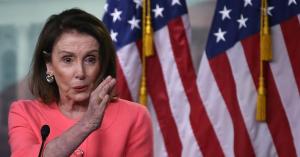
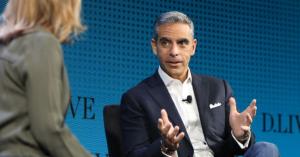
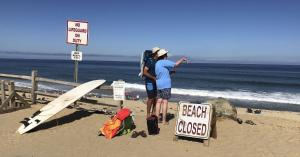

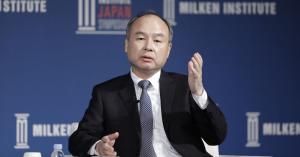
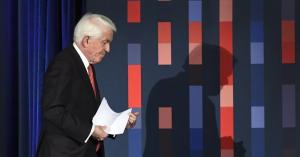

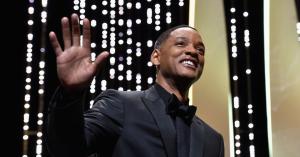
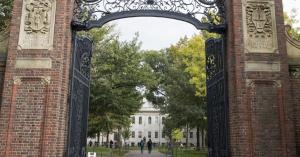
![[https://m.wsj.net/video/20190501/050219mansioncamp/050219mansioncamp_167x94.jpg]](kaminsky_wsj_2015-03-13_files/050219mansioncamp_167x94.jpg)
![[https://m.wsj.net/video/20190501/042419houthidrones/042419houthidrones_167x94.jpg]](kaminsky_wsj_2015-03-13_files/042419houthidrones_167x94.jpg)
![[https://m.wsj.net/video/20190502/050219nancypelosi2/050219nancypelosi2_167x94.jpg]](kaminsky_wsj_2015-03-13_files/050219nancypelosi2_167x94.jpg)
![[https://m.wsj.net/video/20170221/022117nkvideo2/022117nkvideo2_167x94.jpg]](kaminsky_wsj_2015-03-13_files/022117nkvideo2_167x94.jpg)
![[https://m.wsj.net/video/20190501/050119barr3/050119barr3_167x94.jpg]](kaminsky_wsj_2015-03-13_files/050119barr3_167x94.jpg)
